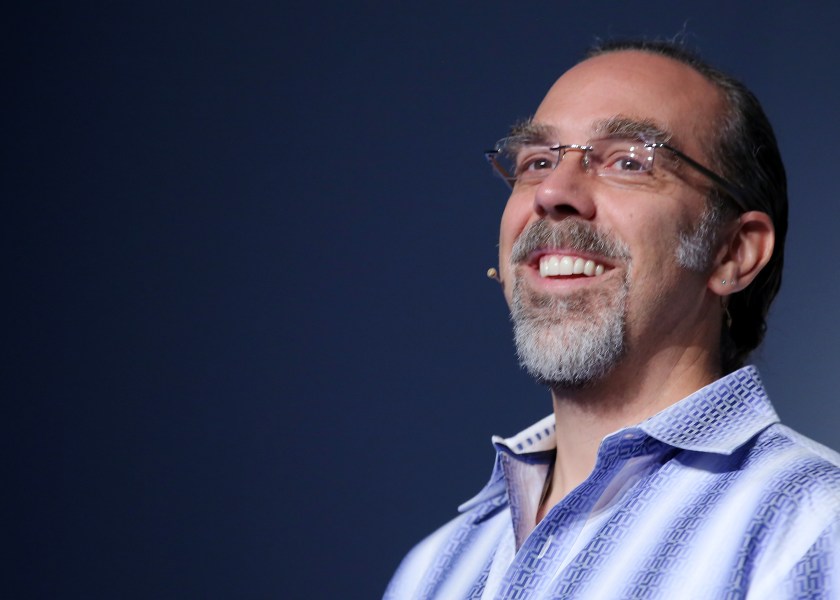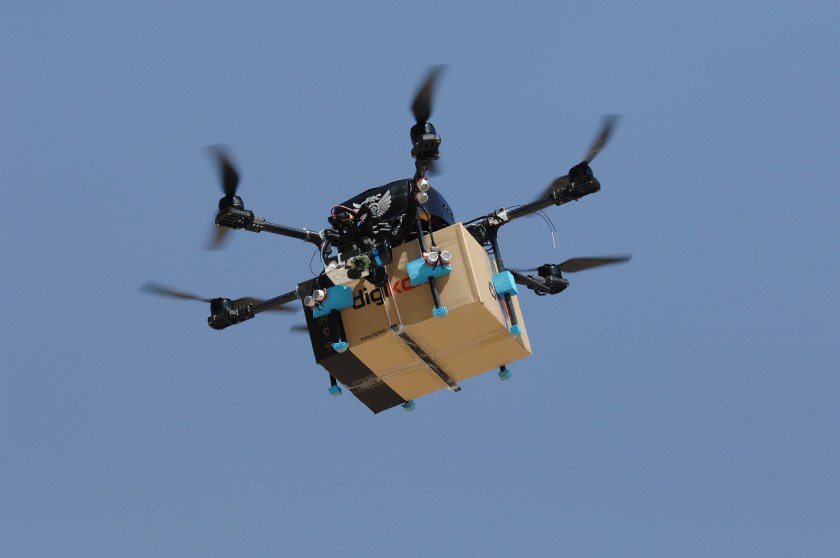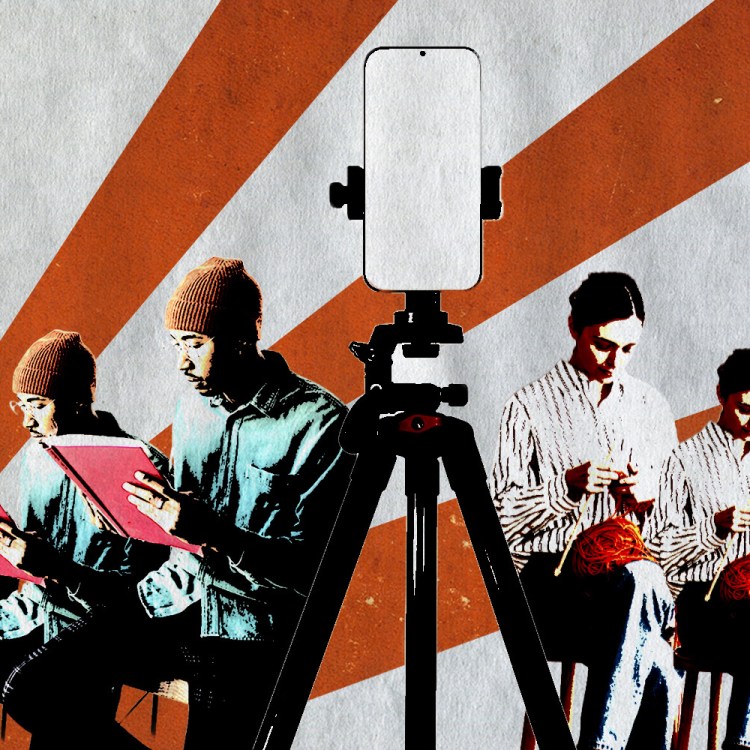
Trying to prognosticate,” Google X’s Astro Teller told the Verve in a recent interview, “is a very dangerous business.” It’s also something Teller is asked to do a lot; with degrees in computer science, symbolic and heuristic computation, and a PhD in artificial intelligence from Carnegie Mellon University, he’s often seen as a tech sorcerer.
Teller’s actual job is more mundane than that, but not by much. He works for Google X, better known as Google’s innovation lab where ideas like the self-driving car and giant internet access balloons are pitched and tested. Teller’s specific focus is on futuristic projects, and he’s interested in not just technological advancements, but how quickly the world adapts to them.
“One thousand years ago, when somebody came up with a new technology the time between when the technology was invented and when it was widespread in the world… was huge,” he told the Verve. “That gave us several generations during which people could come to terms with how society was being changed by that technology.”
Now, thanks to the Internet, “the time between when a new technology is introduced and when it’s completely changed the world has continued to shrink at a fast rate. It’s now probably five to seven years between when a new technology is introduced and when it really has changed society in a fundamental way.”
Drone technology is one such change, he thinks, and although he hates predictions, he estimates that drone delivery systems will shift people away from ownership societies and toward access societies.

“You have a drawer full of batteries right now in your home, I guarantee you,” he says, as a hypothetical. “Maybe you have a little ziplock bag full of them, because you never know for sure when you’re going to need one and what shape it’s going to need to be. Because you don’t know. . .you just keep all of these batteries in your home that are slowly discharging, most of which will hit zero without you ever using them. You’re wasting the planet in a really dramatic way and the reason you’re doing it is because you can’t just snap your fingers and have that battery appear.”
In an access society, he says, you could theoretically snap your fingers and order batteries through a drone system. Consequently, you would keep a much lower surplus of items because immediate access to things like batteries would be much more convenient.
Teller’s prediction is a big “if,” but so were a lot of other world-changing inventions. Until then, though, our spare battery kitchen drawers are here to stay.
At the same time, however, Amazon Prime Air, the drone delivery service that just launched as a pilot program in England, could be the first step towards an access society. See it in action below.
This article appeared in an InsideHook newsletter. Sign up for free to get more on travel, wellness, style, drinking, and culture.























